How India’s EV Charging Infrastructure Is Driving the Future of Electric Transport
Published: 2025-11-27
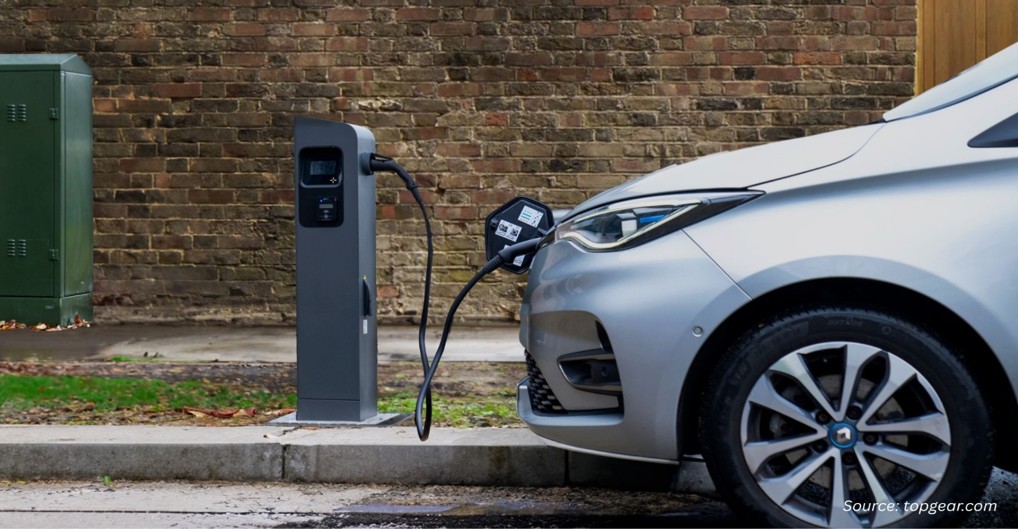
As per NMSC analysis, the India EV charging industry is set to maintain strong growth momentum, with the market size expected to reach around USD 1652.2 million by 2030, marking a solid CAGR of 27.67%. Valued at USD 348.5 million in 2024, the India EV Charging Market is projected to rise to USD 487.1 million by 2025. In terms of volume, the market recorded 454 thousand units in 2024, with forecasts indicating growth to 653 thousand units by 2025 and further to 2507 thousand units by 2030, reflecting a CAGR of 30.9% over the same period.
The Indian electric vehicle (EV) charging market is undergoing a rapid transformation, fueled by growing EV adoption and the integration of advanced technologies. Once limited to a few pilot projects and urban centers, EV charging infrastructure is now expanding across highways, cities, and commercial hubs, covering two-wheelers, three-wheelers, cars, and buses. The increasing focus on convenience, reliability, and smart energy management is driving the deployment of intelligent, connected charging solutions that can adapt to diverse user needs and grid conditions. Both domestic and international players are competing by offering innovative, scalable, and digital-enabled charging platforms that integrate features such as fast charging, renewable energy, AI-driven load management, and remote monitoring. This evolution is enhancing user experience, improving operational efficiency, and fostering a sustainable mobility ecosystem, positioning India as a rapidly growing hub for electric mobility and clean transportation infrastructure.
Curious about the India EV Charging Market? Grab a FREE Sample Now!
India EV Charging Market Overview
India electric vehicle (EV) charging market is undergoing a significant transformation, driven by the same forces shaping mobility and energy transitions globally. As the country accelerates its shift toward electric mobility, charging infrastructure is evolving from simple plug-and-play stations into intelligent, connected, and scalable networks. Modern EV charging solutions in India are increasingly designed with smart features such as real-time monitoring, load management, integration with renewable energy sources, and interoperability across multiple charging operators and platforms.
The convergence of digital technology, energy management, and mobility services is enabling seamless user experiences, predictive maintenance, and optimized utilization of the grid. At the same time, government policies, state-level incentives, and private-sector investments are pushing rapid deployment of public and semi-public charging networks, including fast and ultra-fast chargers, across urban and semi-urban areas. In essence, India’s EV charging ecosystem is entering a stage where intelligence, adaptability, connectivity, and sustainability are becoming as critical to value creation as the availability and reliability of charging infrastructure itself.
Furthermore, the Indian EV charging market is experiencing growing demand for modular, scalable, and tailored charging solutions across segments such as passenger vehicles, commercial fleets, two-wheelers, and public transportation. As EV adoption accelerates and usage patterns diversify, stakeholders are seeking charging platforms that can seamlessly integrate with smart grids, renewable energy sources, mobile apps, and fleet management systems. This need for interoperability and flexibility is driving innovation in adaptive and networked charging architectures that support both centralized hubs and distributed neighborhood-level stations.
At the same time, operators are prioritizing sustainability, energy efficiency, and user convenience through smart load management, AI-enabled monitoring, and low-maintenance, high-reliability equipment. With the rise of digitalization, government incentives, renewable energy integration, and the push toward India’s net-zero mobility goals, EV charging technologies are becoming essential enablers of a resilient, intelligent, and future-ready transportation ecosystem, solidifying their role at the heart of India’s rapidly evolving electric mobility landscape.
Several leading companies shaping India’s EV charging market include Tata Power, Servotech Renewable Power System Limited, Okaya EV Pvt. Ltd., Amara Raja Energy & Mobility Limited, and ABB. These players are driving the evolution of India’s electric mobility ecosystem by deploying advanced, connected, and intelligent charging solutions that cater to both individual EV users and commercial fleets.
By integrating smart grid connectivity, AI-enabled monitoring, fast and ultra-fast charging technologies, and user-friendly interfaces, they are enhancing reliability, energy efficiency, and overall convenience across the country’s charging network. Their focus on sustainable energy integration, low-maintenance and scalable infrastructure, and technology-driven services is accelerating India’s transition toward cleaner and more resilient transportation. Furthermore, through strategic collaborations with state authorities, utilities, fleet operators, and local partners, these companies are fostering interoperable and widely accessible charging networks, enabling seamless EV adoption and supporting the growth of India’s electric vehicle ecosystem. In doing so, they are establishing themselves as key enablers of the nation’s rapidly expanding EV infrastructure and mobility transformation.
Highlights of ABB Ltd.
ABB Ltd., headquartered in Zurich, Switzerland, is a global leader in electrification, automation, and digital technologies. In India, the company is playing a pivotal role in the rapidly growing EV charging market by providing advanced charging infrastructure solutions for electric vehicles. ABB’s offerings, including fast chargers, smart charging stations, and integrated energy management systems enhance operational efficiency, reliability, and scalability for fleet operators, commercial establishments, and public charging networks. As India accelerates its transition toward electric mobility and strengthens its renewable energy ecosystem, the demand for ABB’s intelligent, flexible, and future-ready EV charging solutions is increasing, reinforcing the company’s position as a key player in the country’s evolving EV infrastructure landscape.
In 2025, ABB Power Grids partnered with Ashok Leyland to launch the Grid-eMotion Fleet, a grid-to-plug EV charging solution specifically designed for large-scale public transport and commercial vehicle operators in India. This collaboration supports the rapid expansion of the India EV charging market by delivering fast, reliable, and scalable infrastructure for electric buses and commercial fleets. By addressing the growing need for high-capacity charging solutions, the initiative reinforces ABB’s presence in India’s EV charging ecosystem, positioning the company to benefit from the increasing adoption of electric mobility and the country’s push toward sustainable transport.
Highlights Of Tata Power
Tata Power, headquartered in Mumbai, India, is a leading integrated power company with a strong presence in the electric vehicle (EV) charging sector. The company specializes in providing sustainable energy solutions across generation, transmission, distribution, and EV charging infrastructure. Through its EZ Charge platform, Tata Power has established a comprehensive network of over 5,500 public and semi-public charging stations, 100,000+ home chargers, and 1,200+ bus charging points across more than 550 cities in India. The growing demand for EVs and the government's push for e-mobility have positioned Tata Power as a key player in the India EV charging market, driving the adoption of electric mobility nationwide.
In 2025, Tata Power EV Charging Solutions Limited (TPEVCSL) entered a partnership with VE Commercial Vehicles Limited (VECV) to support the electrification of commercial fleets in India. This collaboration focuses on providing robust EV charging infrastructure for VECV's electric trucks and buses, aligning with the government's objectives to promote sustainable transportation solutions. The partnership enhances Tata Power's position in the commercial EV charging segment, expanding its reach and capabilities to meet the growing demand for electric commercial vehicles. This strategic move underscores Tata Power's commitment to advancing India's transition to sustainable mobility.
Highlights Of Okaya EV Pvt Ltd
Okaya Electric Vehicles, headquartered in Delhi, India, is a leading manufacturer in the electric mobility sector and a subsidiary of Okaya Power Group. The company specializes in producing electric two-wheelers and three-wheelers, including models such as the Faast, ClassIQ, and AvionIQ. Recognizing the critical role of charging infrastructure in EV adoption, Okaya has actively expanded its presence in the India EV charging market, providing solutions to support its vehicle ecosystem. This strategic focus allows the company to meet the growing demand for reliable charging networks, strengthening its position as a key contributor to India’s transition toward sustainable and electrified transportation.
In 2024, Okaya Electric Vehicles partnered with Hindustan Petroleum Corporation Limited (HPCL) to deploy 600 fast DC chargers across fuel stations in India. This initiative significantly strengthens the country’s EV charging infrastructure, providing high-speed, reliable charging options for electric two-wheelers, three-wheelers, and other light electric vehicles. By integrating charging solutions within HPCL’s existing fuel station network, Okaya addresses a critical barrier to EV adoption the availability of accessible and convenient charging points. This partnership reinforces Okaya’s strategic position in the India EV charging market, enabling the company to support the nation’s rapid transition to electric mobility and meet the growing demand for robust, scalable, and widespread charging infrastructure.
Highlights of Amara Raja Energy & Mobility Limited
Amara Raja Energy & Mobility Limited (ARE&M), headquartered in Hyderabad, India, is a prominent player in the energy and mobility sectors. As a subsidiary of the Amara Raja Group, the company specializes in advanced energy storage solutions, including lithium-ion batteries, electric vehicle (EV) chargers, and energy management systems. ARE&M has established a significant presence in the India EV charging market by providing a wide range of EV chargers and battery solutions. This strategic focus aligns with the growing demand for sustainable transportation and energy solutions in India, positioning ARE&M as a key contributor to the nation's transition to electric mobility.
In 2024, ARE&M secured a strategic partnership with Piaggio Vehicles Pvt. Ltd., the Indian arm of the Italian automotive giant, to develop and supply lithium iron phosphate (LFP) battery packs and EV chargers for Piaggio's electric vehicles in India. This collaboration involves the local production of battery cells and packs at ARE&M's gigafactory in Divitipally, Telangana. The partnership underscores ARE&M's commitment to advancing the India EV charging market by enhancing local manufacturing capabilities and supporting the adoption of electric mobility solutions. By aligning with a global automotive leader, ARE&M strengthens its position in the competitive EV sector and contributes to the expansion of India's EV infrastructure.
Highlights of Servotech Renewable Power System Limited
Servotech Renewable Power System Limited, headquartered in New Delhi, India, is a prominent player in the renewable energy and electric vehicle (EV) charging sectors. The company specializes in manufacturing advanced solar products and efficient EV chargers, including ultra-fast DC and home AC chargers. Servotech has installed over 2,400 EV chargers in collaboration with renowned oil marketing companies, contributing significantly to India's EV charging infrastructure. As the demand for electric mobility solutions grows, Servotech's involvement in the India EV charging market positions the company as a key contributor to the nation's transition to sustainable transportation.
In 2024, Servotech secured an order from Bharat Petroleum Corporation Limited (BPCL) to install 1,800 DC fast EV chargers across India, valued at USD 14.46 million. This order encompasses the installation and commissioning of two charger variants, 60 kW and 120 kW, in a 70:30 ratio. Additionally, in October 2024, Servotech received an order from the Nashik Municipal Corporation (NMC) to supply, commission, and construct 29 EV charging stations throughout the Nashik Municipal Corporation area. These developments underscore Servotech's expanding role in the India EV charging market, enhancing its market position and strategy by increasing the availability of fast and reliable charging infrastructure nationwide.
Summary of India EV Charging Market
The India EV charging market is undergoing rapid transformation, fueled by rising electric vehicle adoption, government incentives, and growing focus on sustainable transportation. Charging infrastructure, once concentrated in select urban locations, is now expanding across highways, cities, and commercial hubs, offering fast, reliable, and scalable solutions for two-wheelers, three-wheelers, buses, and commercial fleets. Integration with renewable energy, smart grids, and fleet electrification initiatives is further accelerating market growth, making EV charging a critical component of India’s broader push toward clean mobility and reduced carbon emissions.
Leading global and domestic players, including ABB, Tata Power, Okaya, Amara Raja Energy & Mobility, and Servotech, are driving this evolution by deploying DC fast chargers, home AC chargers, and intelligent, IoT-enabled networks. High-profile projects, such as Tata Power’s EZ Charge network and ABB’s Grid-eMotion Fleet collaboration with Ashok Leyland, highlight the tangible impact of advanced charging solutions on accessibility, operational efficiency, and EV adoption. Policy support, regulatory incentives, and sustainability targets are shaping the market, positioning EV charging infrastructure as a cornerstone of India’s transition to electrified transport.
About the Author
 Bidhudhyoti Nag is a dedicated market researcher with a deep understanding of diverse industry domains, including healthcare, construction & manufacturing, as well as automotive & transportation. His analytical mindset and keen eye for emerging trends enable him to uncover valuable insights that contribute to strategic decision-making and thought leadership. Passionate about writing, he considers blogging a powerful medium to share perspectives, research findings, and in-depth analyses with a broader audience. Outside work, he enjoys sports, traveling, and exploring diverse cultures that enrich his global outlook.
Bidhudhyoti Nag is a dedicated market researcher with a deep understanding of diverse industry domains, including healthcare, construction & manufacturing, as well as automotive & transportation. His analytical mindset and keen eye for emerging trends enable him to uncover valuable insights that contribute to strategic decision-making and thought leadership. Passionate about writing, he considers blogging a powerful medium to share perspectives, research findings, and in-depth analyses with a broader audience. Outside work, he enjoys sports, traveling, and exploring diverse cultures that enrich his global outlook.
About the Reviewer
 Debashree Dey is a versatile Content Writer, PR Specialist, and Assistant Manager in Digital Marketing, known for her ability to craft audience-focused narratives and develop data-driven strategies that enhance brand visibility. As a published manuscript author, she combines creativity with strategic acumen to help brands strengthen their presence and drive deeper user engagement. Outside of her professional pursuits, Debashree draws inspiration from creative projects and design explorations.
Debashree Dey is a versatile Content Writer, PR Specialist, and Assistant Manager in Digital Marketing, known for her ability to craft audience-focused narratives and develop data-driven strategies that enhance brand visibility. As a published manuscript author, she combines creativity with strategic acumen to help brands strengthen their presence and drive deeper user engagement. Outside of her professional pursuits, Debashree draws inspiration from creative projects and design explorations.
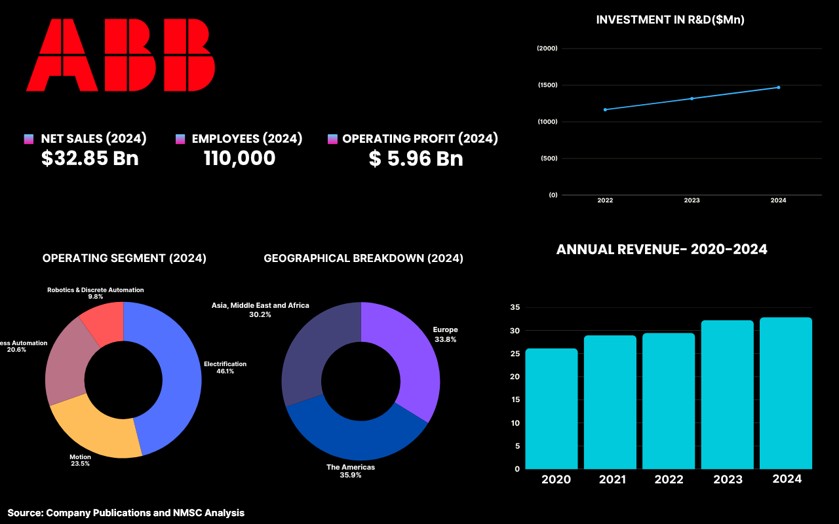
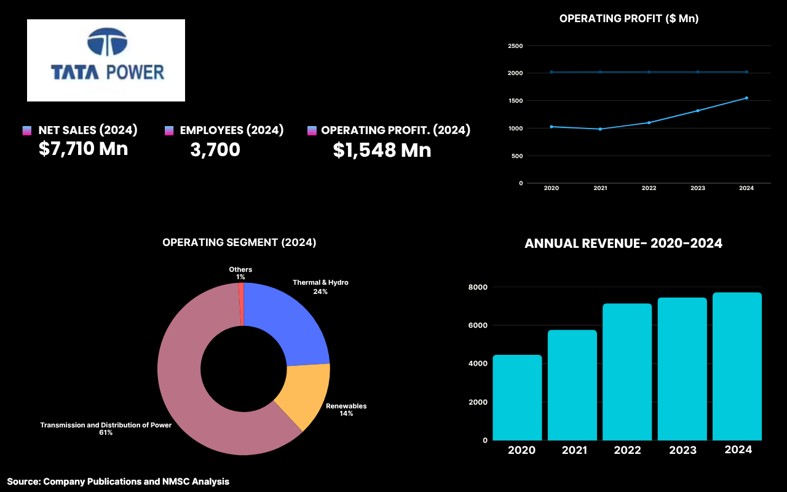
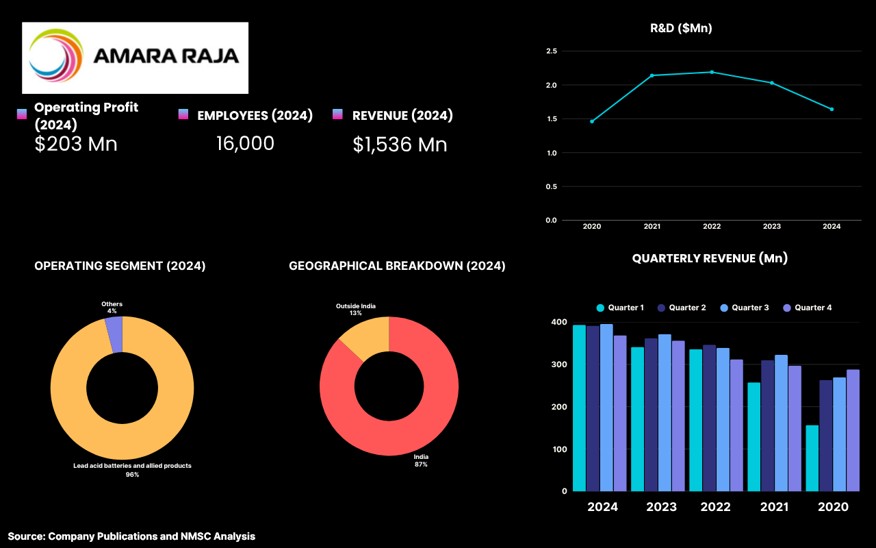
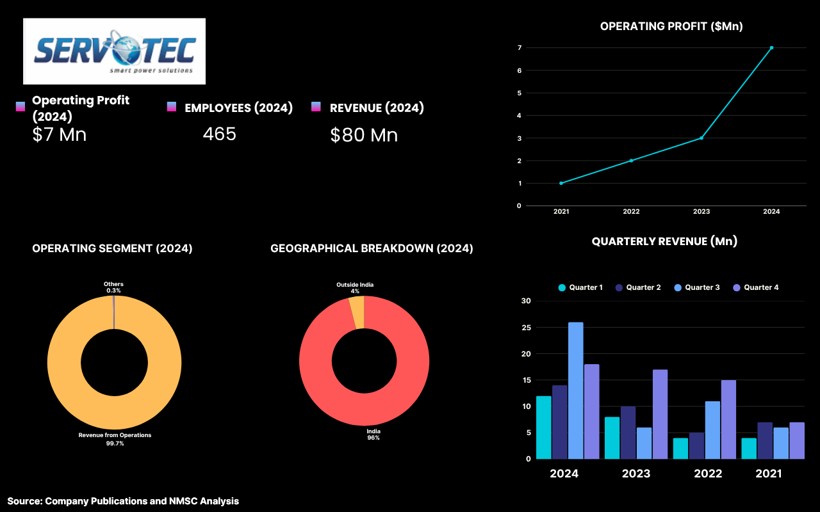








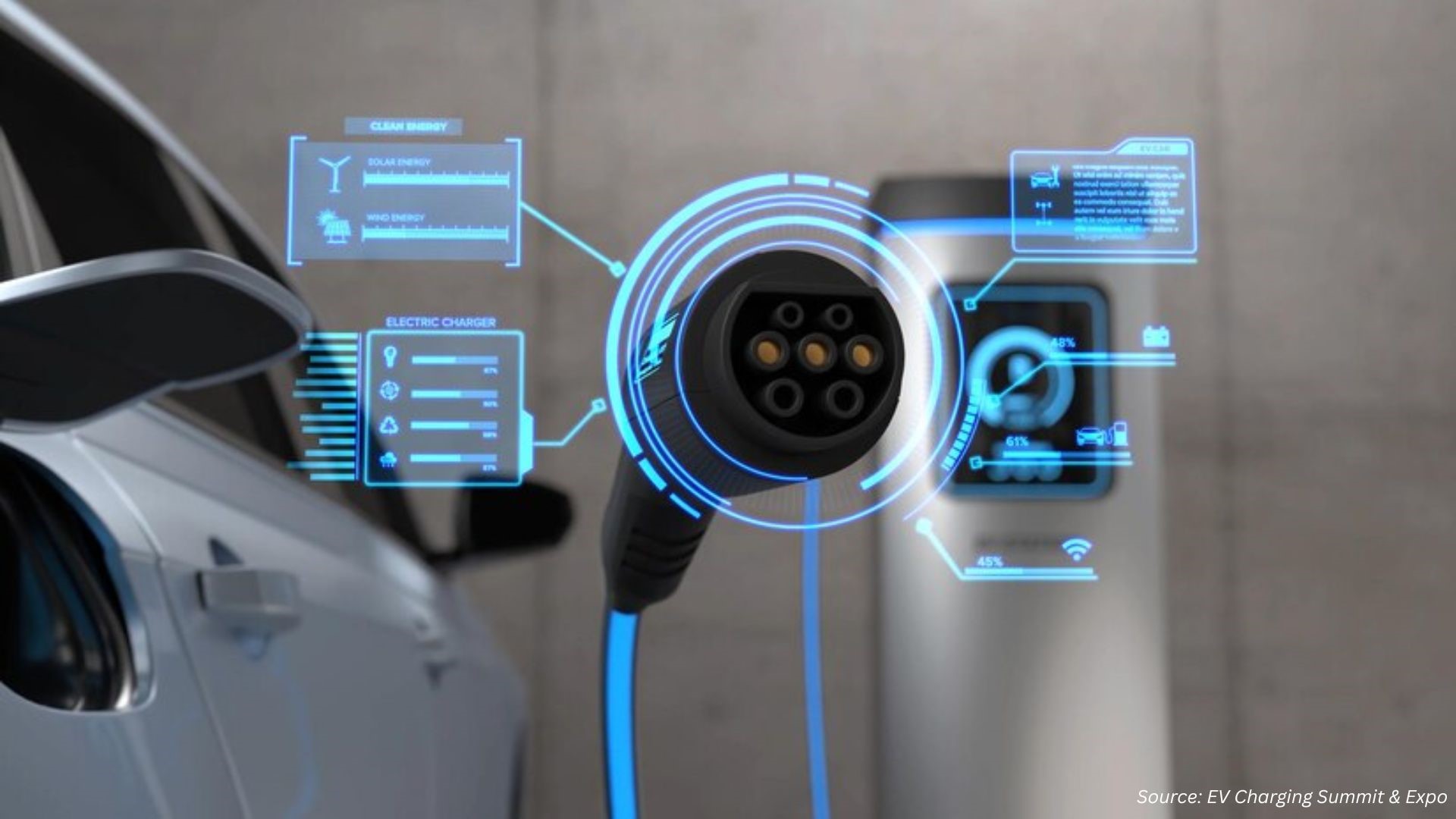

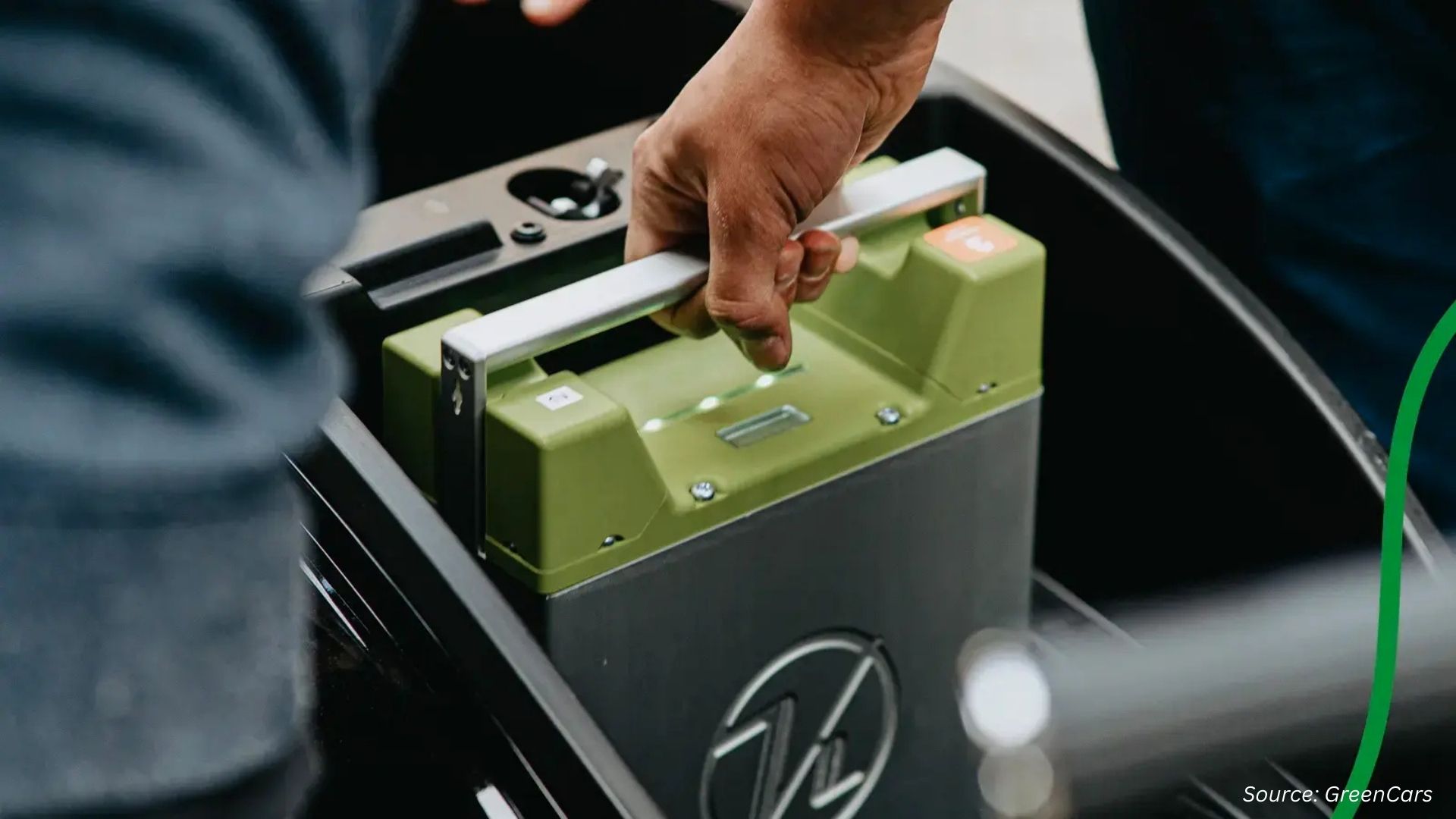





Add Comment